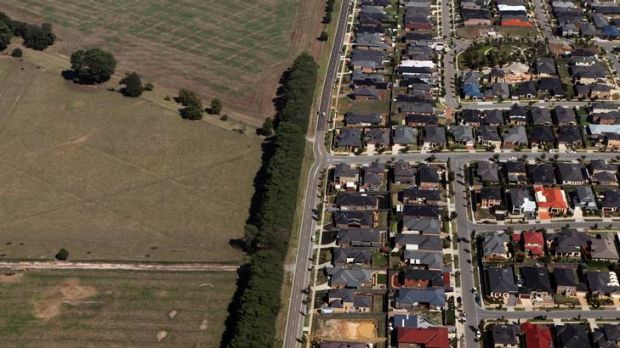Buying confidence in two of the most downtrodden markets has jumped, with new research showing 90% of respondents in the Northern Territory and 80% in Perth think now is a good time to buy.
But, not surprisingly, the price of housing in the major capitals is keeping bargain hunters at bay.
Buy, buy
The latest CoreLogic–TEG Rewards housing sentiment survey of 2,442 respondents shows that just 52% of them think it’s a good time to buy in Sydney, and 61% and 67% in Melbourne and Brisbane respectively.

It’s no surprise, then, that in large part the opposite is true of selling. Only 20% of the respondents in Perth and the Northern Territory thinks it’s a good time to sell, while the figures for Sydney, Melbourne and Brisbane are 74%, 70% and 58%.

Interestingly, 67% of the entire population thinks the housing market is vulnerable to a significant correction. Coincidently the same proportion thinks it’s a good time to buy a property.
This may mean there is a general feeling of trepidation about the market but a major correction is not seen as an immediate threat.
In fact, most of the survey respondents expect dwelling values to remain steady over the next 12 months.
Foreign threat
A more immediate concern is the perception that foreign buyers are forcing up prices, with 92% identifying it as a reason for rising home values. Ten per cent go even further and say foreign buying is placing ‘extreme’ upward pressure on home values.

This feeling is most prominent in Sydney and Melbourne where the Foreign Investment Review Board reports the highest number of approvals for overseas buyers.
These are also the two capital cities where capital growth has been the most substantial and housing affordability has been stretched the most.
Nevertheless, the numbers show a dramatic reduction over last year. In 2015, 20% of respondents thought foreign buying activity was putting extreme upward pressure on housing values. By the September quarter of 2016, this had halved to 10%.
The recent tightening in lending policies for purchasers earning their income offshore, as well as some high-profile forced sales over the past year, may have been responsible for the decline.
Decisions, decisions
Half the respondents say the main factor in making a property purchase is their personal financial situation, followed by the prospects for capital growth.
This shows that many property buyers look to the housing market as a way to create wealth.


Interest rates are the third most important factor among respondents. Household debt levels are currently at record highs and any changes in the cost of debt are monitored closely.
While 46% of respondents expect mortgage rates to remain little changed over the next 12 months, a surprising 36% think rates may rise.




